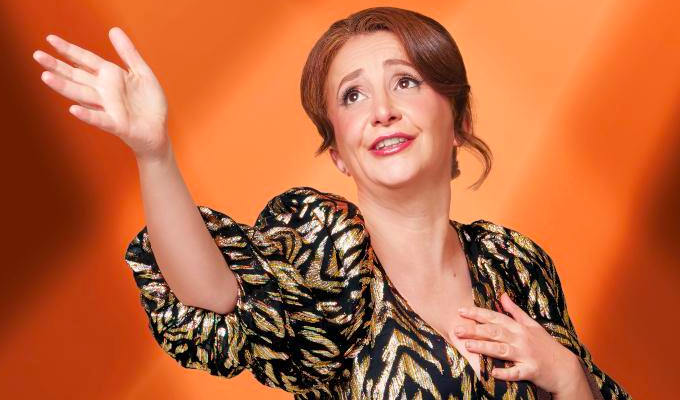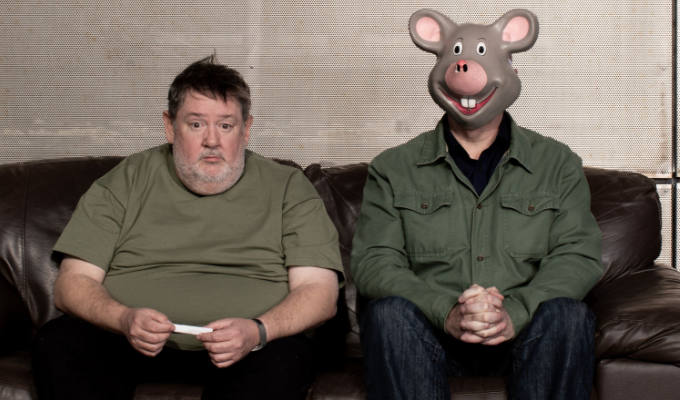The comedy casting couch
Wend Smith on what women won’t do to get ahead
I am well aware that the debate as to whether women are funny enough to be comedians is a perennial topic; but, I wonder, are people aware that female comics also face sexism in other places in the comedy arena?
Imagine you are sitting at work. Your boss contacts you. He wants to you to work on a task which – if completed successfully – will surely boost your profile within the company. However, within the same correspondence he alludes to your ability in bed and his exact thoughts on what you should wear whilst at work to accentuate particular parts of your body. You really want this job; but obviously this unsolicited attention compromises your integrity. Where do you think you are? The 1970s? A Carry On film? Barbara Windsor, please put your underwear back on – this is the life of a female comedian new to the circuit. This is 2010.
As a new act, I have to request spots in order to get work. If I don't ask, I don't gig. Simple. However, it recently occurred to me when speaking to a male comic that, based on replies I get from promoters, we are treated differently, based entirely on our genders.
Feel free to disagree, but I believe that men and women flirt with each other subconsciously, and not just with the opposite sex. You can probably tell that I studied psychology at A-level – we have to charm people in order to get what we want, and to create peer groups. If you are rude and offensive people will not want to help you or spend time with you. This is the way I see relationships between acquaintances and possible friends. Gentle flirting is acceptable and arguably necessary.
Nevertheless, I am 23 years old – and receiving communication from a middle-aged man using unsavoury language based entirely on my appearance, my gender and my sexuality is somewhat hard to swallow. These are not just unsolicited emails clogging up my junk folder alongside the Viagra peddling and dating website fodder. This is the foundation of a working relationship. This is correspondence between comic and promoter.
I have not been on the circuit for very long – since July this year – but if I had let the comments of certain promoters get under my skin, perhaps I would not have lasted even this long. Before I decided that I was brave enough to test the comedy waters I used to be a nurse and as a result I am used to derogatory remarks, such as comments about the uniform and the sort of personal care nurses have to deliver to patients – banter that wouldn't go amiss in a Seventies' working men's club.
Maybe I am doing women a disservice but I am in no way bothered by men calling me ‘sweetheart’ and ‘darlin‘’; in fact I am guilty of it myself. However, this goes beyond that – to the point where I am frightened to gig at certain clubs, entirely based on communication from a promoter. I have been told by one promoter that he ‘must be in love with [me] as [he] is willing to offer more work’.
Sounds fairly innocuous, doesn't it? Not when you consider that I have never met this promoter in person, nor has he seen any example of my work. This is an abuse of power: a promoter has something I want (time on stage) so that must mean I will do anything to get it, right? Wrong. Male comics would not be spoken to in this way, so why should I be? I may be cuddly and full of stuffing; but I am not a toy, so please do not treat me as one.
Please do not misunderstand: I know some wonderful, charming, generous comics and promoters – both male and female – and I would not be where I am today without their kindness and gentle management. I love my work as a comedian and I love the people I work with. But I want to become successful in comedy based on my material and my performances, not because of the casting-couch attitude of the misogynistic. So while the ‘are women funny as men?’ debate rages on I sincerely hope attitudes change, because if they don't women will not want to be funny, and that would be a real shame.
Published: 2 Nov 2010






